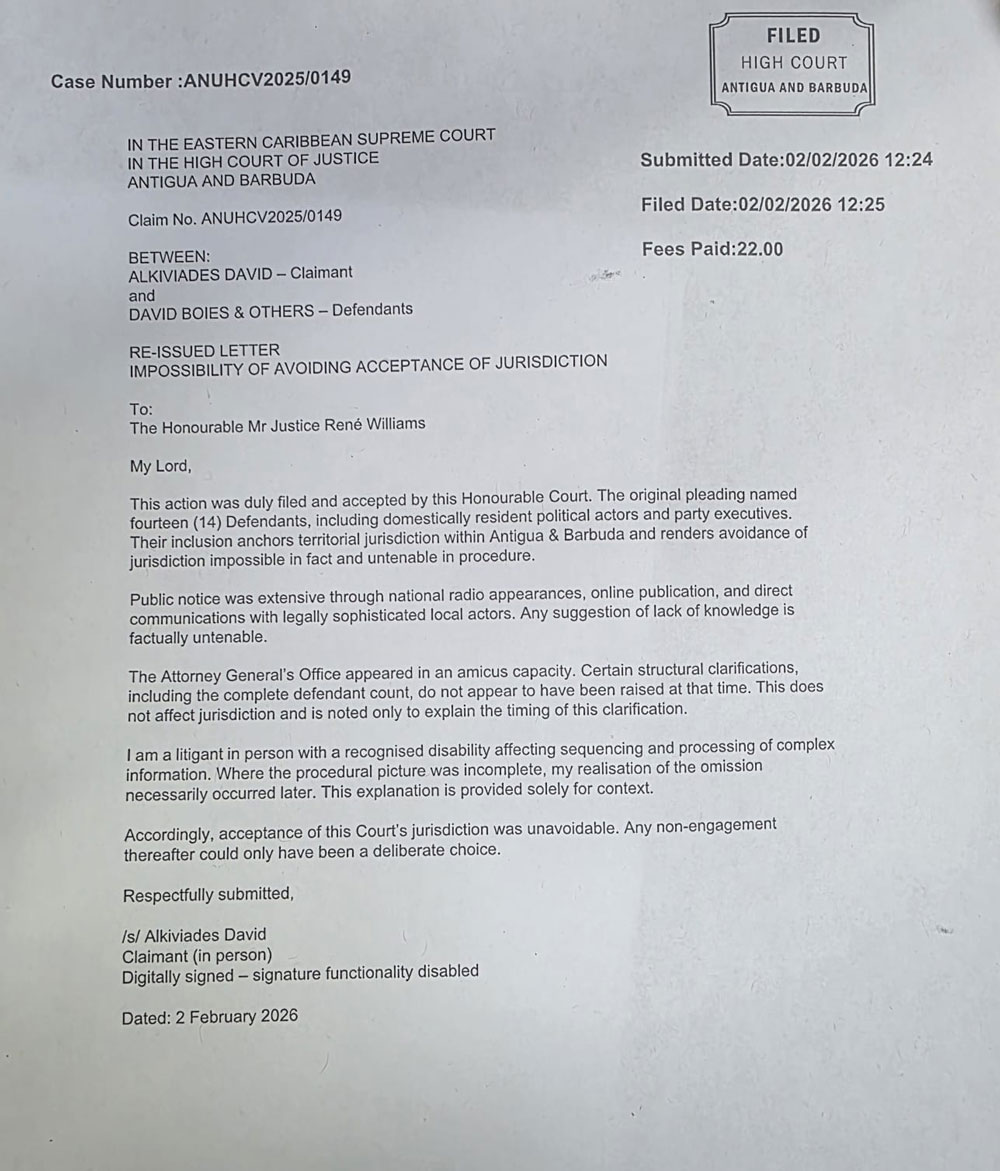On Tuesday, US Ambassador to Israel Mike Huckabee called for an "aggressive investigation" into the killing of Saif Musallet, a 20-year-old Palestinian-American, who was brutally beaten to death by Israeli settlers in Sinjil, a town in the occupied West Bank. This incident, which took place last Friday, has heightened scrutiny on US-Israeli relations and the ongoing violence in the region.
The Palestinian Health Ministry reported that Musallet, who held dual citizenship with the United States, was visiting relatives in Sinjil when he was attacked. His family has alleged that he was defending their land from settlers who were attempting to steal it, adding that settlers blocked an ambulance trying to reach him before he succumbed to his injuries.
Initially, the US response was subdued, but Huckabee later condemned the violence as a "criminal and terrorist act," emphasizing that "there must be accountability." He highlighted the devastating loss, referring to Musallet as a young life cut short.
The Israeli military acknowledged the incident, noting that a "violent confrontation" had ensued following attacks on settlers. However, the circumstances surrounding the deaths of both Musallet and his friend Mohammed al-Shalabi, who was shot in the chest, remain contentious. Al-Shalabi was 23 years old and had also succumbed to his injuries during the violent altercation.
Huckabee, a former Arkansas governor known for his firm advocacy of Israeli settlements, has been a divisive figure in American politics. His past statements, including support for a "greater Israel" and his description of the West Bank as "Judea and Samaria," reflect a contentious view that many argue exacerbates the ongoing conflict.
The Musallet family has reached out to the US State Department, urging an independent investigation into the circumstances of their relative's death. As the international community watches closely, the ramifications of this tragic event extend beyond just one family's grief, posing significant questions about accountability and human rights in the region where the conflicts continue to unfold.
The Palestinian Health Ministry reported that Musallet, who held dual citizenship with the United States, was visiting relatives in Sinjil when he was attacked. His family has alleged that he was defending their land from settlers who were attempting to steal it, adding that settlers blocked an ambulance trying to reach him before he succumbed to his injuries.
Initially, the US response was subdued, but Huckabee later condemned the violence as a "criminal and terrorist act," emphasizing that "there must be accountability." He highlighted the devastating loss, referring to Musallet as a young life cut short.
The Israeli military acknowledged the incident, noting that a "violent confrontation" had ensued following attacks on settlers. However, the circumstances surrounding the deaths of both Musallet and his friend Mohammed al-Shalabi, who was shot in the chest, remain contentious. Al-Shalabi was 23 years old and had also succumbed to his injuries during the violent altercation.
Huckabee, a former Arkansas governor known for his firm advocacy of Israeli settlements, has been a divisive figure in American politics. His past statements, including support for a "greater Israel" and his description of the West Bank as "Judea and Samaria," reflect a contentious view that many argue exacerbates the ongoing conflict.
The Musallet family has reached out to the US State Department, urging an independent investigation into the circumstances of their relative's death. As the international community watches closely, the ramifications of this tragic event extend beyond just one family's grief, posing significant questions about accountability and human rights in the region where the conflicts continue to unfold.

















